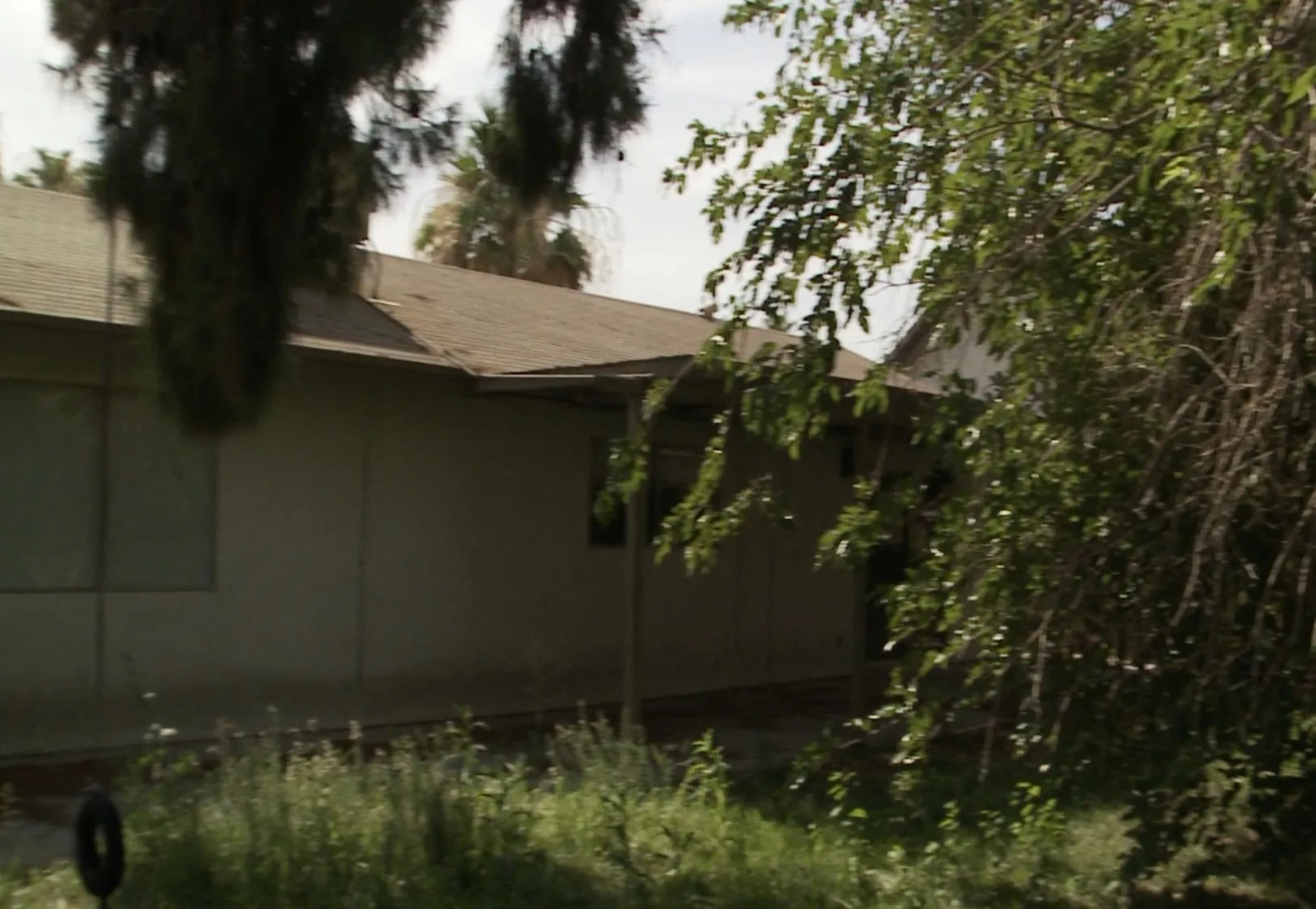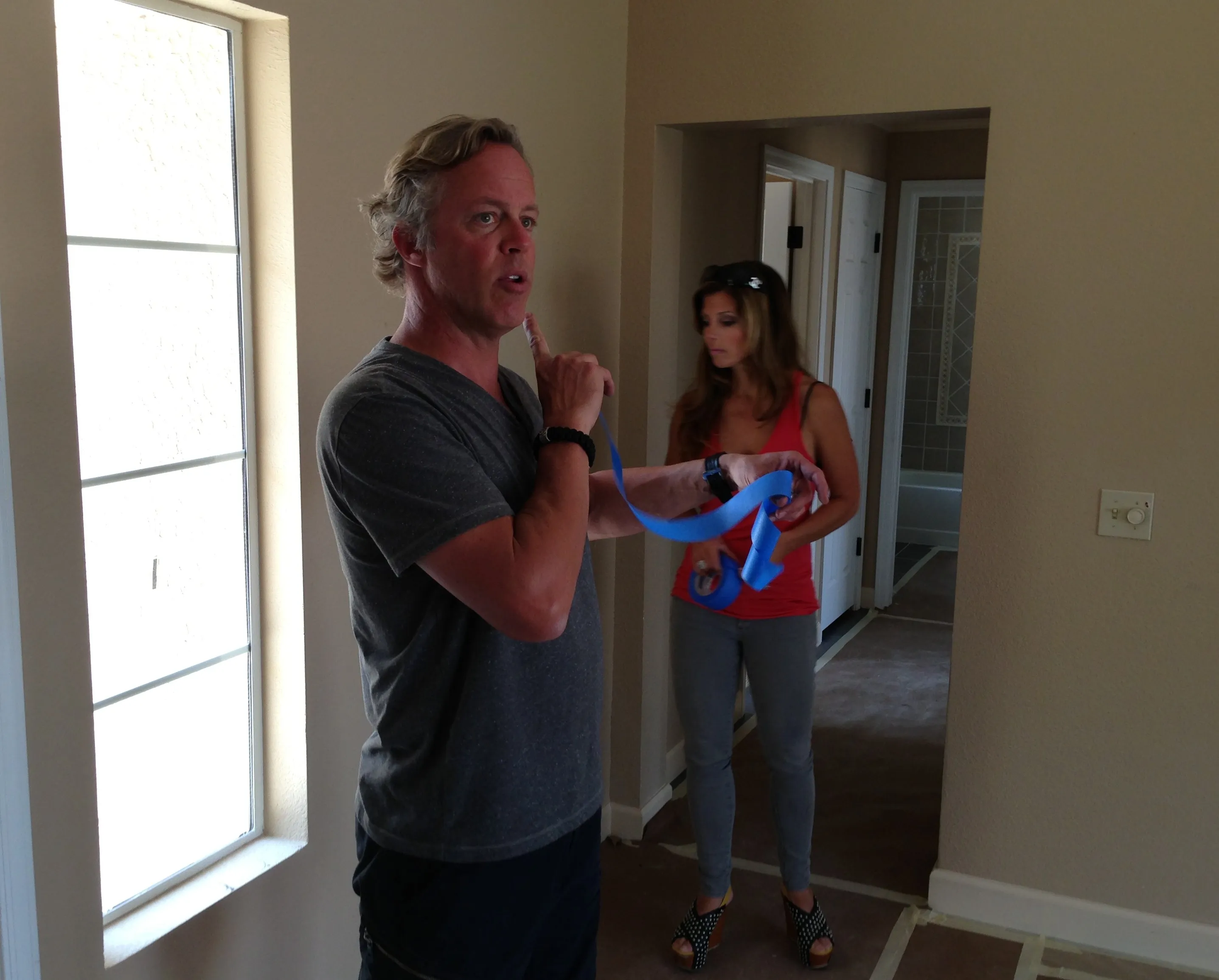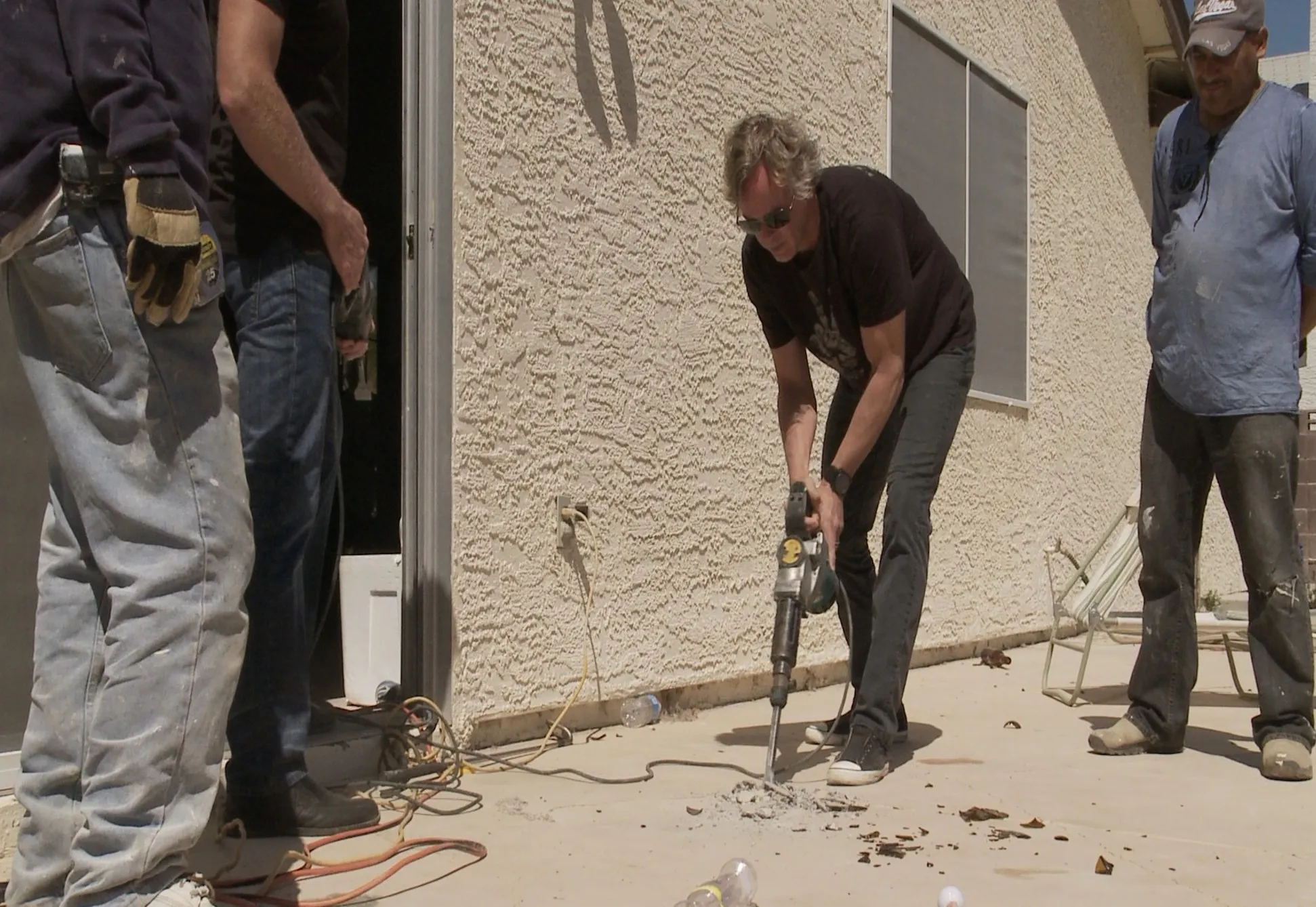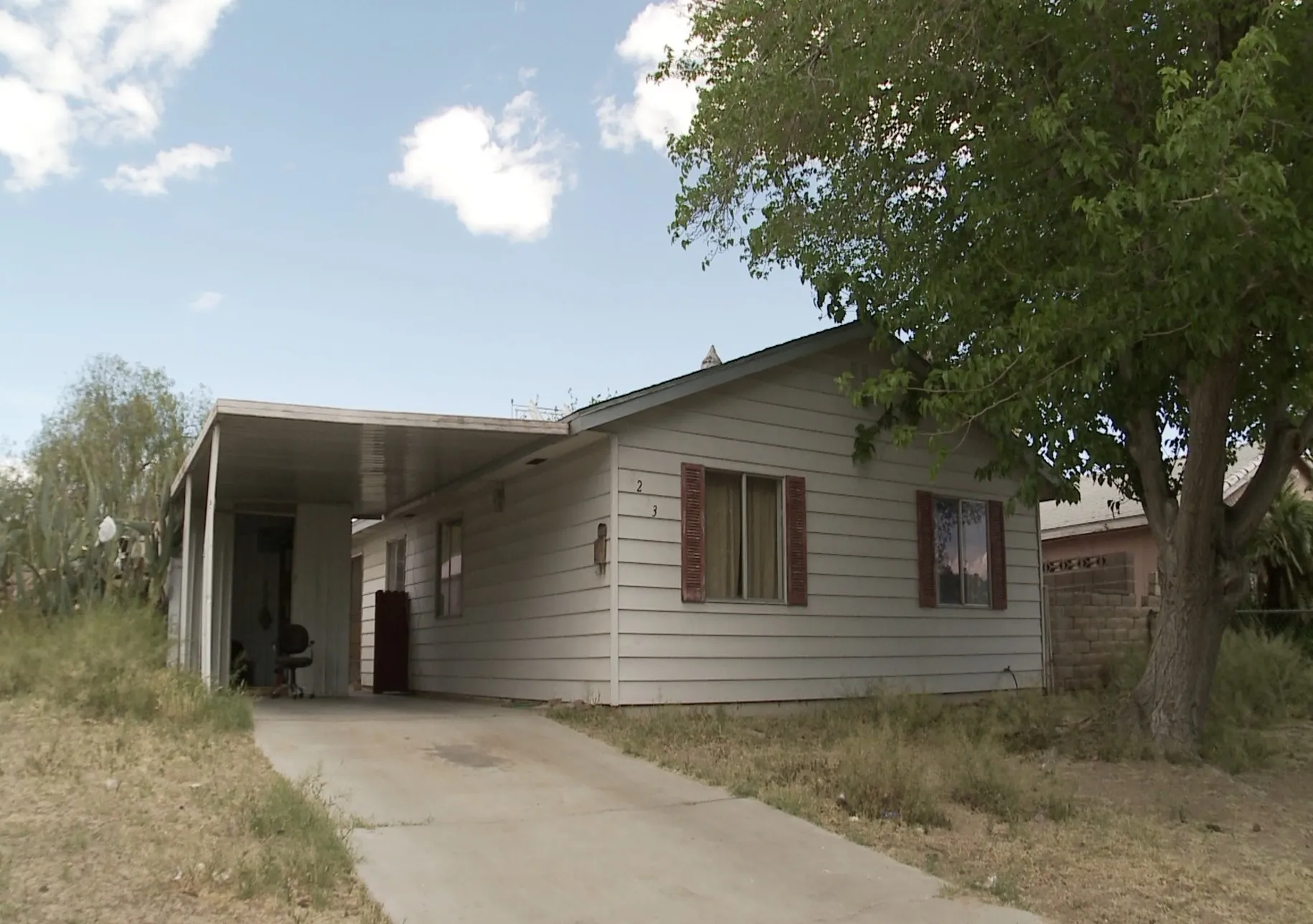Understanding the Las Vegas Real Estate Market
Las Vegas, a city known for its vibrant entertainment and dynamic lifestyle, also boasts a unique real estate market. Whether you’re a seasoned investor or a first-time homebuyer, understanding the local market is critical to finding your dream home. The market’s fluctuations, influenced by tourism, economic trends, and population growth, can significantly impact property values and investment opportunities. Before diving into the world of flipping or buying, it is essential to familiarize yourself with the intricacies of the Las Vegas real estate landscape. This knowledge forms the foundation for making informed decisions and navigating the market successfully.
Current Market Trends
Staying informed about current market trends is paramount. These trends provide insights into buyer behavior, property demands, and investment potential. Key indicators to monitor include average home prices, inventory levels, interest rates, and the time properties spend on the market. Keep an eye on the evolving economic climate. The increasing or decreasing interest rates can significantly influence your buying power, and changes in the local job market and tourism can impact demand. Following these trends allows you to spot opportunities, anticipate changes, and adjust your strategy accordingly. By understanding the prevailing market conditions, you equip yourself to make timely and strategic decisions.
Factors Influencing Property Values

Several factors influence property values in Las Vegas. Location is a primary driver, with desirable neighborhoods commanding higher prices. Proximity to amenities like schools, shopping centers, and entertainment venues, as well as access to major roadways and public transportation, enhances a property’s value. The condition of the property, including its age, the quality of construction, and any recent renovations, also affects the price. Market conditions, such as interest rates and the overall economic health of the city, play a crucial role. Moreover, the presence of specific features, such as a pool, a modern kitchen, or a view, can boost a home’s market value. A keen understanding of these factors will help you evaluate potential investments and make informed decisions.
Identifying Your Dream Home
Identifying your dream home is an exciting process that begins with self-reflection and setting clear goals. It involves determining your needs, preferences, and lifestyle. This initial assessment helps narrow your focus and guide your search. Consider the type of property that suits your lifestyle, whether it is a single-family home, a condo, or a townhouse. Also, think about the ideal size and layout of the property, as well as the features you desire, such as a backyard, a garage, or specific amenities. By clarifying these aspects, you lay the groundwork for a successful home-buying experience, ensuring you find a property that meets your requirements and aligns with your vision.
Defining Your Needs and Preferences
Start by making a list of essential needs and desires. Consider the number of bedrooms and bathrooms required, as well as the size of the living spaces. Think about specific features you’re looking for, such as a modern kitchen, a swimming pool, or a home office. Prioritize your preferences by categorizing them as must-haves, desirable features, and nice-to-haves. This prioritization helps you make informed decisions when evaluating properties and balancing your wants with your budget. By defining these aspects, you clarify your vision for your dream home, improving your search efficiency and ensuring that the property you select aligns with your unique lifestyle.
Budgeting for Your Dream Home

Before beginning your search, determine a realistic budget. Evaluate your financial situation, including your income, debts, and savings. Get pre-approved for a mortgage to understand how much a lender is willing to loan you. This pre-approval provides a firm basis for your home search. In addition to the mortgage, consider other costs associated with homeownership, such as property taxes, homeowner’s insurance, and potential HOA fees. Be sure to include these costs in your budget, ensuring you’re financially prepared for the responsibilities of homeownership. A well-defined budget allows you to focus on properties that fit your financial parameters, improving your chances of securing your dream home without overextending your resources.
Location, Location, Location
Consider the neighborhood’s proximity to essential amenities like schools, shopping centers, and entertainment venues. Evaluate the level of safety and security in the area, as well as the quality of local services. Also, assess the convenience of commuting and the availability of public transportation. Research the future development plans for the area, considering potential infrastructure projects or new construction. Choosing the right location will enhance your daily life and potentially increase the long-term value of your property. A thorough assessment of these location factors will guide you to a neighborhood that complements your lifestyle and supports your investment.
The Flipping Vegas Process
The flipping process in Las Vegas requires careful planning and execution. From finding potential properties to renovating and selling, each stage demands a strategic approach. Success in this market depends on your ability to identify undervalued properties, assess repair costs accurately, and manage the renovation process efficiently. Mastering this process involves a thorough understanding of local market dynamics, contractor relationships, and property valuation. The key is to balance cost-effectiveness with quality workmanship to maximize profits and minimize risks. With a well-defined strategy, you can navigate the intricacies of the flipping process and increase your chances of a successful venture.
Finding Potential Properties

Begin by identifying undervalued properties with the potential for profit. Explore various sources, including online listings, real estate agents, and foreclosure auctions. Network with local real estate professionals and other investors to discover off-market opportunities. Look for properties in need of renovation, in desirable locations, or with unique features that can be enhanced. Carefully evaluate the current market value of similar properties in the area to determine a realistic after-repair value. A keen eye for identifying hidden potential and a solid understanding of market trends are essential for finding profitable flipping projects. Your ability to discover these undervalued properties will set the foundation for your flipping success.
Evaluating Property Condition and Costs
Perform a thorough inspection of the property to identify any structural issues, necessary repairs, or potential hazards. Estimate the cost of renovations, including materials, labor, and permits. Get multiple bids from contractors to ensure you get the best value and avoid unexpected expenses. Consider the condition of the roof, foundation, electrical and plumbing systems, and other key components. Accurately assess repair costs to avoid budget overruns and potential financial losses. A detailed understanding of the property’s condition and associated costs will inform your investment decision and help you create a realistic budget for your project.
Negotiating the Purchase Price
Present your offer strategically, taking into account the property’s condition, the market value, and the seller’s motivation. Research comparable sales in the area to justify your offer price. Be prepared to negotiate and be willing to compromise. Consider including contingencies in your offer to protect your interests, such as a home inspection contingency or a financing contingency. Highlight the advantages of your offer, such as your ability to close quickly. A well-crafted offer, based on thorough research and strategic negotiation, can help you secure the property at a favorable price. Mastering the art of negotiation is vital for maximizing profits and ensuring a successful flipping venture.
Securing Financing

Explore various financing options, including hard money loans, private money lenders, and traditional mortgages. Understand the terms of each option, including interest rates, loan terms, and fees. Compare different lenders to find the best terms and conditions. Ensure that your financing plan aligns with your budget and the timeline for your project. Secure financing before making an offer on a property to ensure you can complete the purchase. Make sure the financing covers the purchase price, the renovation costs, and any additional expenses. A well-structured financing plan is a crucial step in a successful flipping project, providing the financial resources necessary to bring your vision to life.
Renovating and Flipping
The renovation phase is where your vision transforms into reality. It requires careful planning, meticulous execution, and efficient project management. A well-executed renovation will significantly enhance the property’s value and appeal to potential buyers. By paying attention to detail and adhering to your budget, you can create a stunning home that will attract buyers and yield a profitable return on your investment. Effective management of this phase ensures that the project progresses smoothly, on time, and within the specified financial parameters, ultimately setting the stage for a successful flip.
Planning the Renovation
Develop a detailed renovation plan that includes a scope of work, a timeline, and a budget. Determine the specific improvements you will make, such as kitchen and bathroom upgrades, flooring replacement, and landscaping enhancements. Prioritize projects that offer the greatest return on investment. Obtain all necessary permits and ensure that the renovation complies with local building codes. Create a realistic schedule, including deadlines for each stage of the renovation process. Thorough planning will streamline the renovation process, reduce potential delays, and keep the project within budget. It also will create a smooth and efficient workflow, ensuring all the tasks are performed to your satisfaction.
Working with Contractors

Hire reliable and qualified contractors with a proven track record. Obtain multiple bids from different contractors and compare their pricing, experience, and references. Create a written contract that outlines the scope of work, the payment schedule, and the project timeline. Regularly communicate with your contractors, providing updates on progress, addressing any issues, and ensuring the project stays on track. Inspect the work frequently to ensure it meets your standards. Building and maintaining positive relationships with contractors is key to a smooth and successful renovation project. A team of dependable and skilled contractors will provide high-quality workmanship.
Staging and Selling Your Home
Preparing your property for sale is the culmination of all your hard work. Effective staging and marketing strategies will help you attract potential buyers and achieve the best possible price. Creating an inviting and attractive home is a key factor in creating buyer interest and securing an offer. A well-staged and marketed property will stand out in the competitive Las Vegas real estate market. By paying attention to presentation and utilizing the latest marketing techniques, you can showcase your renovated home and maximize your return on investment.
Preparing Your Home for Sale
Clean and declutter the property to create a welcoming environment. Stage the home to showcase its features and potential. Consider hiring a professional stager to create a visually appealing atmosphere. Make any necessary repairs and touch-ups to ensure the property is in excellent condition. Enhance curb appeal by landscaping the yard and improving the exterior. A well-prepared home makes a positive first impression, drawing in potential buyers and increasing the likelihood of a quick sale. Staging your property will highlight its best aspects.
Marketing Your Property

Create high-quality photos and videos to showcase the property’s features. List the property on the Multiple Listing Service (MLS) and other online platforms. Use social media to promote the listing and reach a wider audience. Host open houses to attract potential buyers. Work with a real estate agent who is experienced in the Las Vegas market and has a strong marketing strategy. Effective marketing will generate interest in your property and facilitate a successful sale. A comprehensive marketing plan ensures your property reaches a wide audience of potential buyers, maximizing its visibility and appeal.
Closing the Deal
Review offers carefully and negotiate the terms of the sale. Work with a real estate attorney to ensure the closing process is smooth and legally sound. Prepare all necessary documents and coordinate with the buyer, lender, and escrow company. Address any issues that arise during the closing process promptly. A well-managed closing process ensures a successful transaction and protects your interests. Completing the sale marks the culmination of your efforts, allowing you to reap the rewards of your successful flipping project. A seamless closing ensures a positive experience for all parties.
Conclusion
Finding your dream home in Las Vegas involves understanding the market, defining your needs, and making informed decisions. Whether you’re looking to flip properties or find your forever home, a strategic approach will increase your chances of success. By understanding the process, conducting thorough research, and working with experienced professionals, you can navigate the Las Vegas real estate market with confidence. Embrace the excitement of the journey and enjoy the process of finding your dream home in the vibrant city of Las Vegas.
